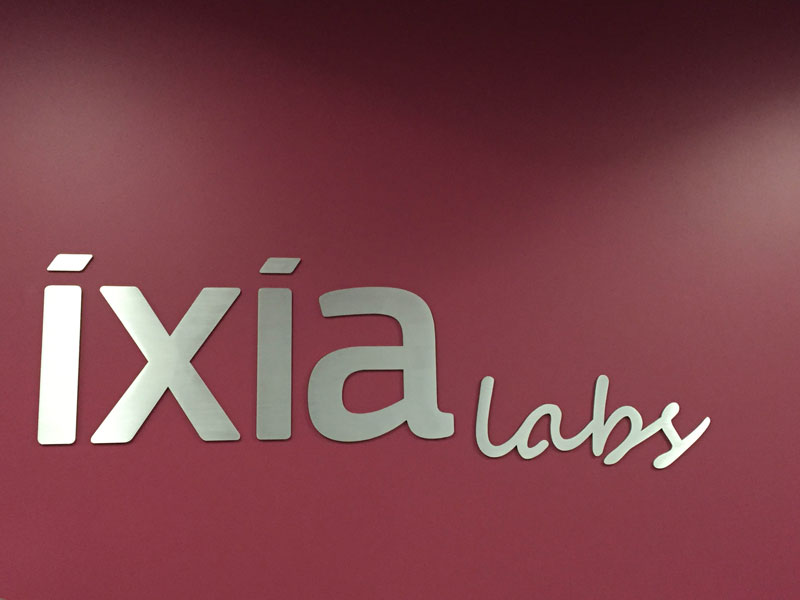 Most Citrix channel partners predict 2017 will see more revenue growth than last year.
Most Citrix channel partners predict 2017 will see more revenue growth than last year.
According to Citrix, more than 88 percent of its polled partners across Northern Europe, including UK and Ireland, Denmark, Finland, Norway and Sweden where optimistic about revenue growth.
More than 71 percent said they are undergoing some kind of transformation, and 45 per cent were revamping their processes to keep up with industry changes.
Justin Sutton-Parker, Citrix partner director for Northern Europe, said that the IT industry was facing one of the largest periods of change since its inception, with new and innovative technologies disrupting the bigger players and driving increased customer churn.
“Despite this challenge, channel partners are forecasting a year of significant growth, with the cloud earmarked as a driver of such change.”
A third of partners think they will see revenue increases of more than 20 percent year on year thanks to bigger opportunities, and a fifth predict margins will increase as a result of customer demand.
The Cloud will be the primary growth driver, according to 71 percent of respondents, who said it will account for at least 10 percent of revenues.
More than 38 percent of respondents said they think cloud will account for 20 per cent of new business in the coming year. However, cloud drove less than 10 per cent of revenues for 60 percent of partners last year.
Emerging technologies such as AI, Big Data and the IoT may be too immature to experience the same sort of growth as the cloud, the survey found.
Just over half said the IoT is important, but 37 percent don’t believe it will make a difference to their business, and 12 percent won’t be selling IoT gear.
“Partners may be divided when it comes to the potential of emerging technologies such as Big Data and the IoT, but the message is clear when it comes to the delivery of cloud services. The time for action is now, and only by working with the right vendors can partners truly capitalise on this opportunity,” Sutton-Parker said.
Cybersecurity will be one of the leading growth areas for the channel in 2017. Over 90 percent of partners said they fully expect customers to increase spending on cybersecurity in the next year. The motivation behind this is increased governance and regulation, they said.



















